climate
February 24, 2024
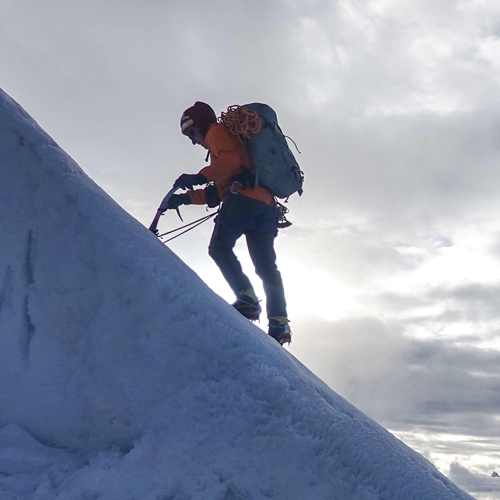
Elevated awareness
In his recently released memoir, alpinist and climate advocate Graham Zimmerman reflects on what he’s learned from two decades of climbing some of the world’s highest peaks.
September 2, 2023
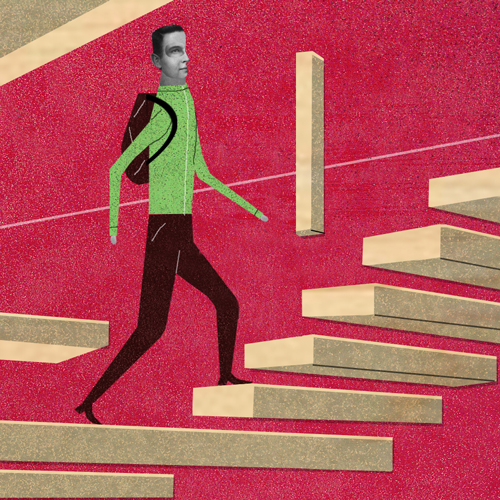
Better building blocks
Founders Hall is the only University building fully constructed of mass timber, which has the promise of reducing the costs of construction while increasing a building’s sustainability.
May 28, 2023
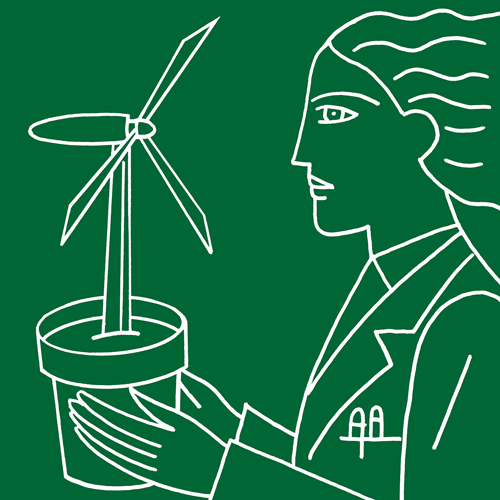
Our part for the planet
A UW workshop showcases how climate change innovations on campuses can benefit surrounding communities and beyond.
November 26, 2022
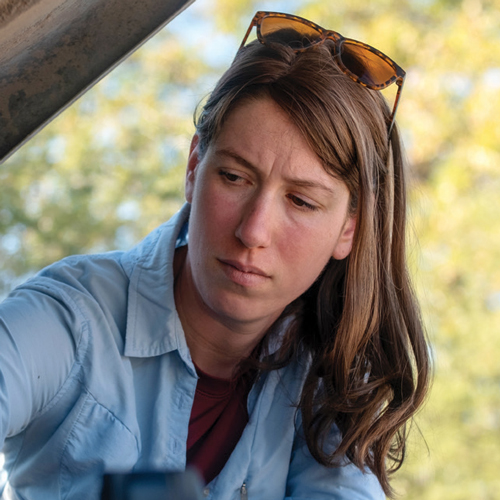
On the scene of change
In data and in the field, professor Briana Abrahms seeks ways for humans and wildlife to coexist as the climate changes.
March 4, 2021

Our climate future is now
Scientists spent decades warning us about what would happen during the 2020s and 2030s. Now we see it.
October 22, 2019

Plea for the planet
Tenacity led Jim Anderson, ’66, the 2019 Alumnus Summa Laude Dignatus, to help save the ozone; he's not about to give up.
September 2, 2019
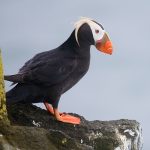
Warming sea
A die-off points to a larger-scale, longer-term problem with the food supply caused by warming seas.
June 3, 2019
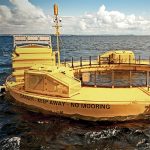
Energy’s new wave
Converting ocean waves into electricity poses challenges—and promise.
September 1, 2015
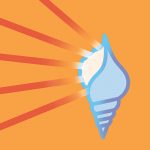
High volume
Recordings by current and former UW researchers in fjords show that melting at glacier edges in the narrow rock-edged canyons are some of the noisiest places in the sea.
September 1, 2013
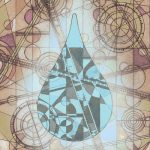
Pollution pall
For years, scientists regarded the decades of drought in Central Africa that reached an apex in the 1980s as the result of poor agricultural practices and overgrazing. New University of Washington research, however, shows that the drought was caused at least in part by Northern Hemisphere air pollution.
June 1, 2013
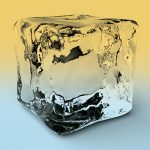
Keeping cool
UW scientists have provided fresh insight into an issue that has vexed civilization since the beginning: how to keep a drink cold on a hot day.
December 1, 2011
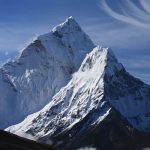
Tall order
Thanks to a grant from the National Science Foundation, Earth and Space Sciences Professors Bernard Hallet and Howard Conway are trying to determine whether glaciers speed up or slow erosion in the Himalaya.
March 1, 2011
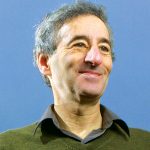
On the radar
Cliff Mass is perhaps the most conspicuous weather guru in the Northwest and heir to former TV weatherman Harry Wappler’s local fame.
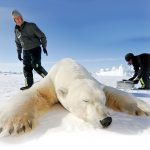
Hope for polar bears
Scientists from several institutions, including the U.S. Geological Survey and the University of Washington, have found that if humans reduce greenhouse gas emissions significantly in the next 10-20 years, enough Arctic ice is likely to remain intact during late summer and early autumn for polar bears to survive.
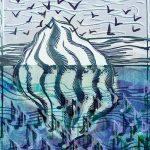
Iceberg's tune
We love the enchanting songs of whales, the clicks and squeals from porpoises. And now, a University of Washington oceanographer has brought us more melodies from the deep.
December 1, 2010
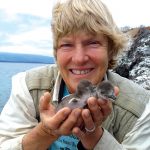
Penguin pad
Dee Boersma and her team spent the last three weeks of September in the Galápagos Islands, building 120 nests for the endangered Galápagos penguins.
March 1, 2010
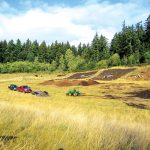
Getting the dirt
In a barren pit on Vashon Island, UW School of Forest Resources graduate student Kate Kurtz is growing a forest—and fighting climate change along the way.
June 1, 2009

Feeling the heat
A study commissioned by the state Legislature is the most comprehensive look yet at how climate change is likely to affect the state.
March 1, 2008
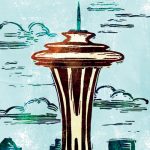
Sea levels on the rise
Melting glaciers in Greenland and Antarctica, combined with other effects of global climate change, are likely to raise sea levels in parts of Western Washington by the end of this century.
September 1, 2007
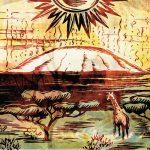
Woes of Kilimanjaro
UW researchers say global warming has nothing to do with the decline of Kilimanjaro’s ice, and using the mountain in northern Tanzania as a “poster child” for climate change is simply inaccurate.